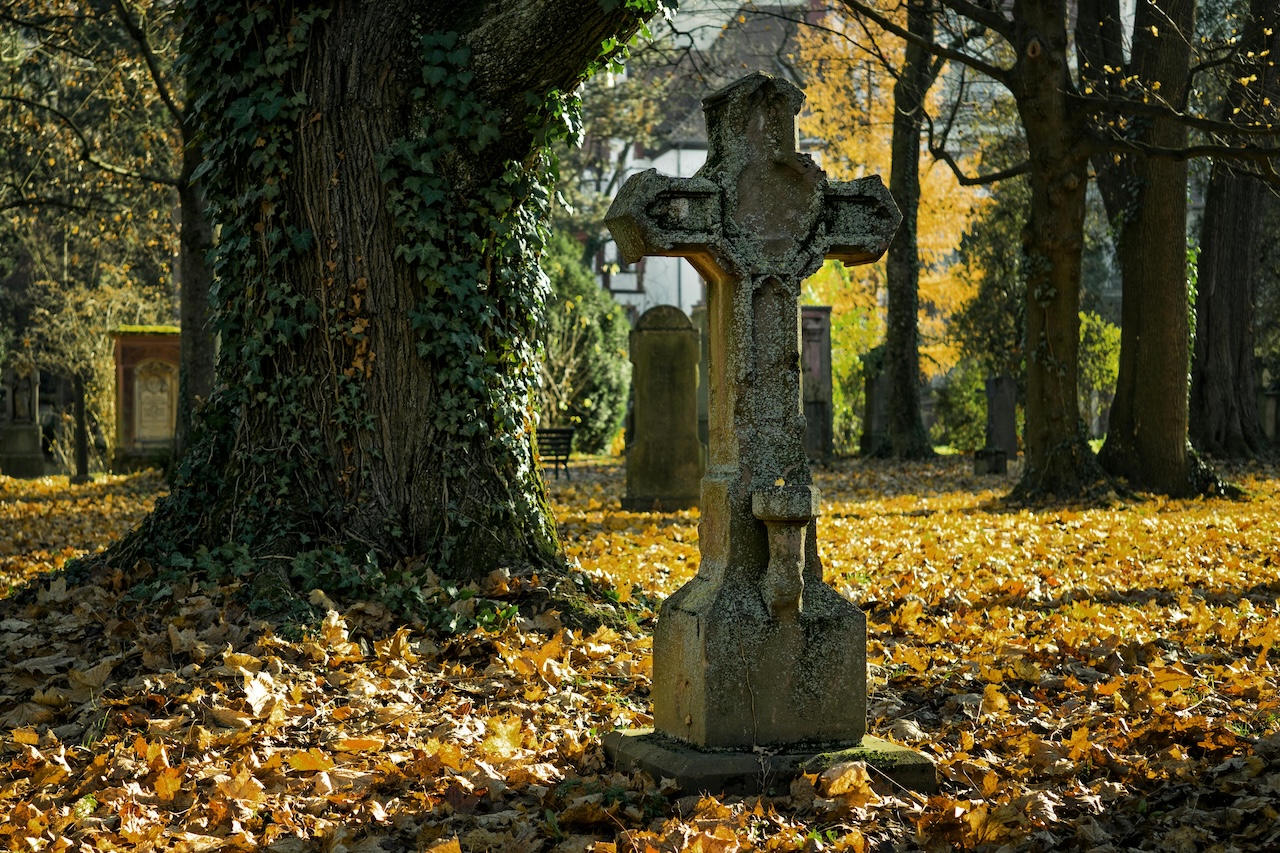As a culture, we go to great lengths to deny death. My mom died at 68 of cancer. I had the privilege of spending precious time with her during her final years. She lived a good life and died a great death. Her journey to her earthly death prompted me to prepare for my own death. The reason for this was she talked a lot about her impending death with us and she made many decisions for it before she died. She even suggested who my dad might consider “dating” after her death.
I also had a cancer diagnosis and several accidents which reminded me of my own mortality about 20 years ago. So I began to speak about “when I die” or other such phrases. What I find ironic is that death is an indisputable fact; we will all die; however, few people will talk about their own inevitable death. Several times when I have talked of my death, people have come up to me afterwards and challenged me for having such little faith! To me, this is denial in spiritual terms.
I even had a publisher tell me that one of the books I co-authored would never sell because we titled it Dying to Restart. He said we should not have the word “dying” in the title because people simply don’t want to face it.
I have learned that those who live life without regrets die without regrets. We must live life to its God-intended fullest and then move on. I think death is best prepared for and faced in life. It is much more effective to think about our own death when we are not immediately facing it. When we refuse to face our own mortality, we make poorer decisions in life and in death. It is only as we accept our own death that we can live our lives fully. When we respect the limits or finality of our own death, we are able to experience life more freely.
Let me suggest four things I have found helpful in dealing with my own death.
First, name it what it is. I call it death or physical death because, from my perspective, it isn’t the end of life, only the end of life physically on this earth. I choose not to use euphemisms, like “passed on” or they “crossed over.” I choose to say life as we know it is gone. Surely there is eternity, but for now, I will be dead physically and gone from those I now know.
Second, accept the inevitable. I don’t act like I am going to live forever. I talk to people about the possibility that there will come a time when I won’t be here, and this is okay. Surely, I don’t do so in a morbid sense but rather in a celebratory sense. “I won’t be here, but don’t weep for me; I will be experiencing life in a totally different and fully alive sense.”
Third, make decisions considering this reality, and do so before you are forced to make these decisions. Read books like Being Mortal, which is a great book helping us face end-of-life decisions before they are imminent and, therefore, more complex. It is important for you to decide what measures you want to pursue to keep your heart beating. Your decisions may change as you age and approach death, but at least face them before you are forced to and put them in writing.
One of the decisions to make is to write a will. Don’t put the responsibility of challenging and difficult decisions on other people because you are afraid to make them yourself. I have seen many a family split because the person who died refused to make some unpopular decisions before they were gone. Decide how you want your personal assets dispersed. Why not think of a not-for-profit in this process?
Fourth and last, live a resurrected life. By this I mean live every day as if it could be your first in eternity. Live each day by bringing your whole self to the relationships and the tasks around you. When we live wholly, we die wholly. In other words, as we live fully integrated we can die fully integrated.
Ironically, one who did not die well was King David in the Old Testament. Let me suggest that he was a great example of one who refused to prepare for his own death. (1 Kings 1) If you read the final chapters of his life, you find that those around him were attempting to manipulate him because he wasn’t definitive before he died.
In 1 Kings 2.1-10 we read of David’s last few days on this earth. In these ten verses we see issues of resentment and bitterness, which he refused to deal with earlier. Shimei cursed David when David was running for his life. Later, when David ascends to power again, Shimei asks David for forgiveness. David expresses forgiveness in the moment. However, in 1 Kings 2.10, we hear David tell his son Solomon to go and kill him. He says the same about Joab his general. David tells Solomon to dispose of him, which sounds like a mafia script.
His family was at odds with each other because David refused to name his successor. Only after significant striving to succeed David, does he select Solomon which ultimately leads to animosity and ultimately death of Solomon’s brother Adonijah. The Kingdom was in conflict because David refused to plan for an orderly transition upon his death.
Being a person after God’s own heart, as David is described, doesn’t assure that one has appropriately planned for their own death. Sometimes one’s death is sudden and unexpected, which is even more reason that we live every day in light of eternity.
That is my desire, to live every day this side of eternity considering my ultimate destiny.

Leave a Reply